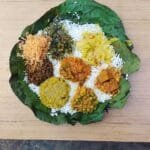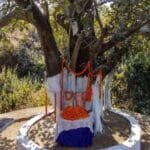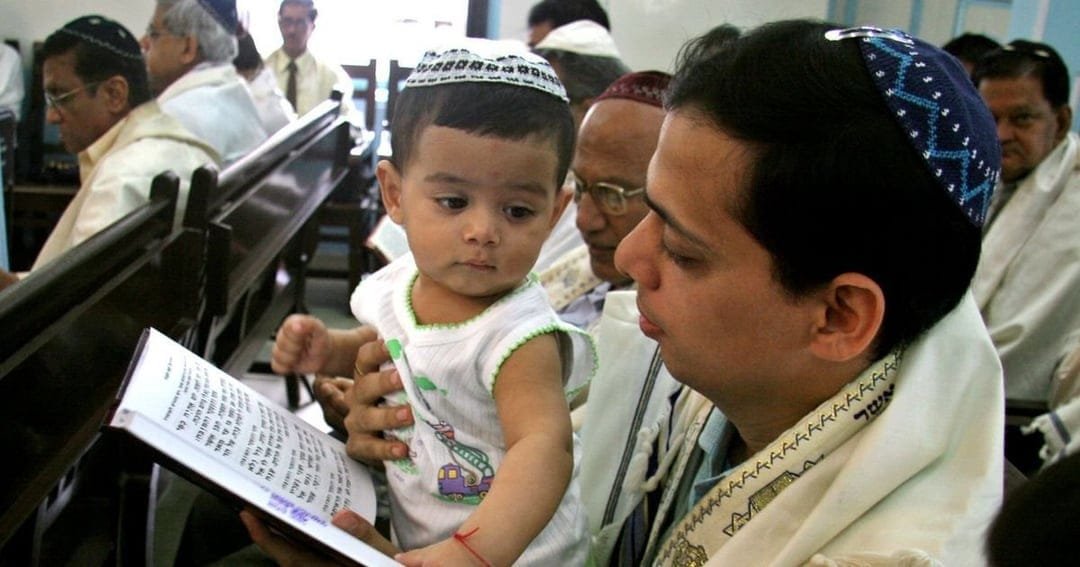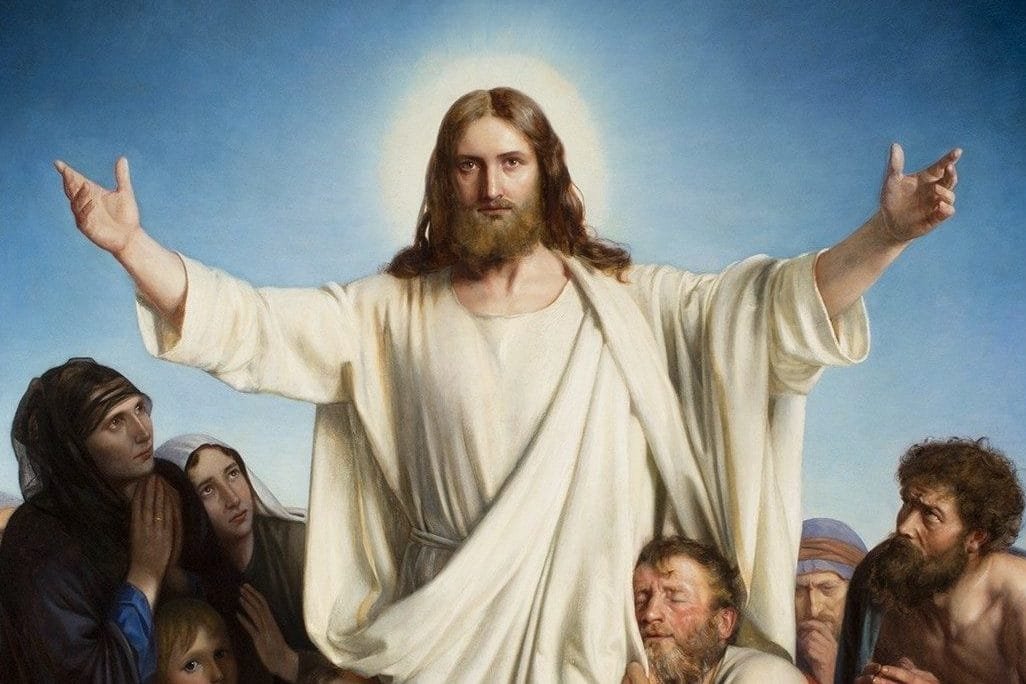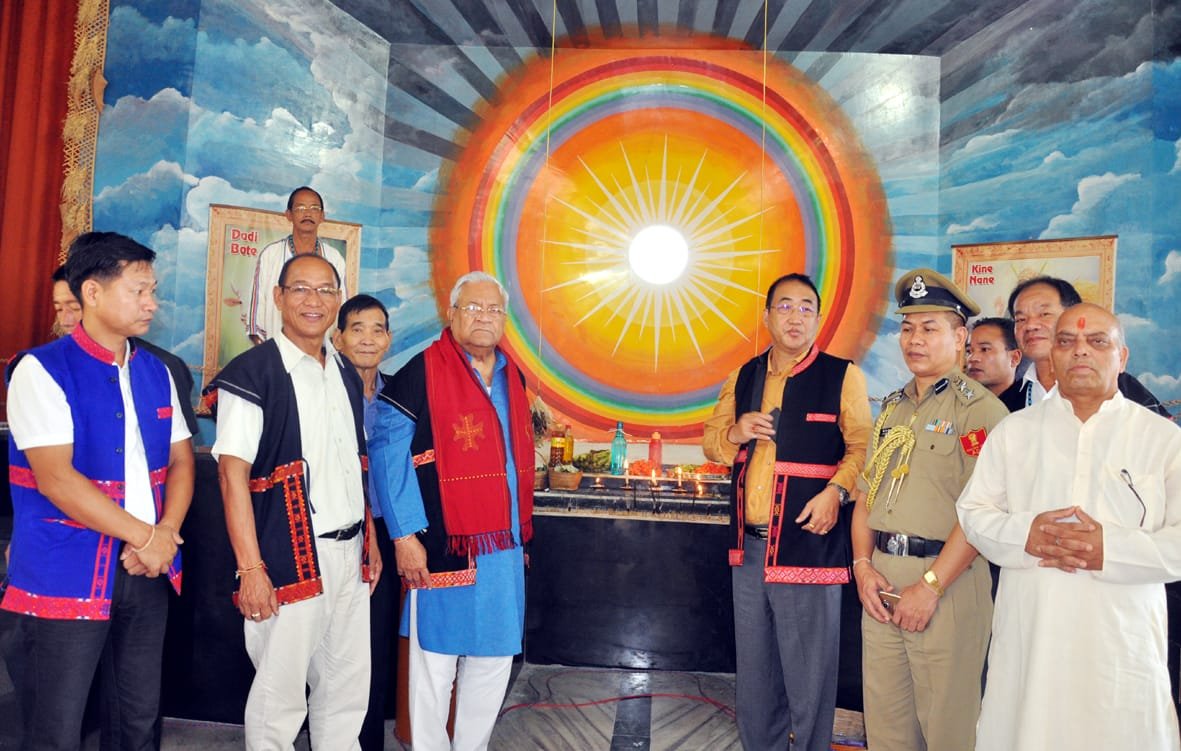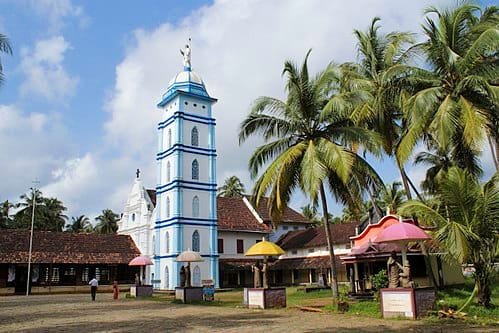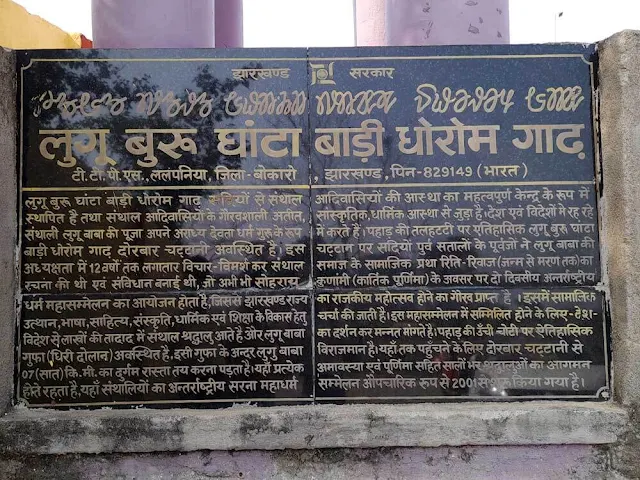India has a long and unique relationship with the Jewish community, characterized by peaceful coexistence and mutual respect. The history of Jews in India dates back over 2,000 years, with multiple Jewish communities settling across the subcontinent. Unlike other regions, Indian Jews have rarely faced anti-Semitism, making their history in India distinctive and harmonious.
Early Arrival and Settlements
The earliest Jewish settlers in India are believed to have arrived after the destruction of the First Temple in Jerusalem (586 BCE) or after the fall of the Second Temple in 70 CE. These early settlers found refuge in the welcoming environment of India, particularly along its western coast. Over time, several distinct Jewish communities emerged:
- Cochin Jews:
The Cochin Jews, also known as Malabar Jews, settled in Kerala. They are among the earliest Jewish communities in India, arriving as traders in ancient times. By the 10th century CE, they had a well-established presence, with thriving trade connections in spices and other goods. The community was divided into “White Jews” (later arrivals from Spain and Europe) and “Black Jews” (local converts or earlier settlers). The Paradesi Synagogue in Mattancherry, built in 1568, stands as a testament to their rich history. - Bene Israel:
The Bene Israel community traces its origins to a group of Jews shipwrecked off the Konkan coast near Alibaug, Maharashtra. Over centuries, they integrated into Indian society while maintaining their Jewish identity, observing dietary laws and Sabbath practices. They predominantly spoke Marathi and worked as oil pressers, farmers, and soldiers. - Baghdadi Jews:
Baghdadi Jews migrated to India from Iraq, Syria, and other Middle Eastern countries during the 18th and 19th centuries. They settled primarily in Kolkata, Mumbai, and Pune, contributing significantly to commerce and trade. Prominent families like the Sassoons played a crucial role in India’s development, particularly in Mumbai’s textile industry. - Bnei Menashe:
A relatively recent addition to Indian Jewry, the Bnei Menashe from the northeastern states of Manipur and Mizoram claim descent from the lost tribe of Menashe. They rediscovered their Jewish roots in the late 20th century and began practicing Judaism, with some members emigrating to Israel. - Jews of Goa:
During the Portuguese Inquisition in the 16th century, many Sephardic Jews fled to Goa and other parts of India. However, under Portuguese rule, the Inquisition targeted Jewish practices, leading to forced conversions and persecution.
Cultural Integration
Indian Jews have beautifully blended their traditions with local cultures. For example, Bene Israel weddings incorporate Marathi music, while Cochin Jews adopted South Indian culinary flavors. At the same time, they maintained key aspects of their religious practices, such as observing Jewish holidays, circumcision, and the Sabbath.
Hanukkah in India: Festival of Lights
Hanukkah, the Jewish Festival of Lights, is celebrated with fervor and joy by Indian Jews, albeit on a smaller scale due to the community’s modest size. The festival commemorates the rededication of the Second Temple in Jerusalem and the miracle of the oil that burned for eight days.
Observance Among Indian Jews
- Lighting the Menorah:
Indian Jews light the menorah or hanukkiah, symbolizing the miracle of the oil. Each night, one more candle is lit, accompanied by prayers and blessings. - Traditional Foods:
Like Jews worldwide, Indian Jews prepare oil-based foods such as latkes (potato pancakes) and sufganiyot (jelly-filled doughnuts). Local adaptations include the use of coconut oil and Indian spices, giving a unique flavor to these traditional dishes. - Community Gatherings:
Hanukkah celebrations often involve community prayers in synagogues, where families gather to sing songs, recite the Hallel, and share festive meals. Children play with dreidels and receive gifts or gelt (chocolate coins). - Regional Variations:
In Kerala, the few remaining Cochin Jews celebrate Hanukkah by lighting menorahs and sharing traditional Cochin Jewish dishes.
In Mumbai, the Bene Israel community gathers in synagogues like the Keneseth Eliyahoo Synagogue and the Magen David Synagogue for prayers and festive events.
Significance in a Multicultural Context
Hanukkah in India is an opportunity for Jews to share their traditions with neighbors and friends, fostering interfaith understanding. The festival underscores the Indian ethos of cultural diversity and harmony, as seen in regions like Kerala, where Jewish, Christian, Hindu, and Muslim festivals coexist.
Contributions of Indian Jews
Despite their small numbers, Indian Jews have made remarkable contributions to India’s cultural, economic, and political landscape.
David Sassoon: A prominent Baghdadi Jew, David Sassoon played a significant role in Mumbai’s development, funding schools, libraries, and hospitals.
General J.F.R. Jacob: A Bene Israel Jew, General Jacob was a key figure in the 1971 Indo-Pak War, contributing to India’s victory and the creation of Bangladesh.
Ruby Daniel: A Cochin Jewish writer, Ruby Daniel authored the first English book by a Cochin Jew, documenting the community’s history and culture.
Decline in Numbers and Modern-Day Challenges
Over the years, many Indian Jews emigrated to Israel, the United States, and other countries due to better economic opportunities and to reunite with the global Jewish diaspora. Today, the Jewish population in India is estimated to be less than 5,000, with most living in Mumbai, Pune, and Kochi.
Efforts are being made to preserve their rich heritage. Synagogues are being restored, and museums, like the Chabad House in Mumbai, promote awareness of Jewish contributions to Indian society.
The history of Jews in India is a testament to the nation’s spirit of inclusivity and tolerance. From ancient traders in Kerala to modern professionals in Mumbai, Indian Jews have woven their narrative into the broader fabric of Indian culture. Hanukkah, celebrated with both traditional fervor and regional influences, symbolizes their enduring legacy in a land that has been both a home and a haven. As their numbers dwindle, preserving this unique heritage becomes all the more vital for future generations.


